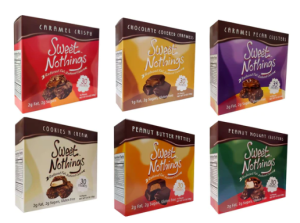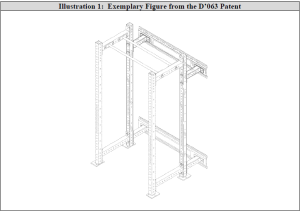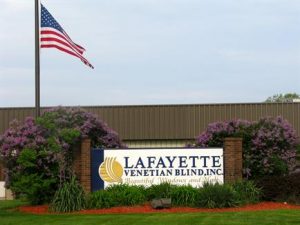
Indianapolis, Indiana –Plaintiffs, City of Fishers, Indiana, City of Indianapolis, Indiana, City of Evansville, Indiana, and City of Valparaiso, Indiana, on behalf of themselves and all others similarly situated filed suit on September 4, 2020 in Marion Superior Court (Case No. 49D01-2008-PL-026436) alleging that Defendants, Netflix, Inc., Disney DTC LLC, Hulu, LLC, Directv LLC, Dish Network Corp., and Dish Network LLC, violated the Indiana Video Service Franchises Act Ind. Code. § 8-1-34-1 et seq. Plaintiffs are seeking an order declaring Defendants provide video service in Indiana and to require Defendants to perform statutory duties including compensating Plaintiffs and all other units of government for unpaid fees for past service.
Defendant, Netflix, filed a Notice of Removal on September 9, 2020 from Marion County Superior Court 1 to the United Stated District Court for the Southern District of Indiana. Netflix asserted jurisdiction in the Southern District due to diversity jurisdiction and jurisdiction under the Class Action Fairness Act of 2005 (“CAFA”). Netflix noted that since Plaintiffs filed their Complaint in this case, three more cases have been filed against Netflix and Hulu alleging similar violations of various state video franchise acts in Texas, Ohio, and Nevada.
Following the Notice of Removal, the Plaintiffs filed a Motion to Remand the case under the doctrine of comity. In the Southern District’s Order, the Court explained, “[t]he comity doctrine encourages federal courts to avoid ‘interfer[ing] . . . with the fiscal operations of the state governments . . . in all cases where the Federal rights of the persons could otherwise be preserved unimpaired.’ Levin v. Commerce Energy, Inc., 560 U.S. 413, 422 (2010).” Therefore, the case was remanded back to Marion Superior Court.
Practice Tip: Removal of a putative class action under the CAFA is proper if: 1) there is a class action; 2) there is minimal diversity between the parties, such that at least one class member is a citizen of a state different from the state of any defendant; and 3) the aggregate amount in controversy exceeds $5,000,000, exclusive of interest and costs. See 28 U.S.C. § 1332(d)(2).
Continue reading
 Ronald Satish Emrit, an alleged resident of Florida and Maryland, has filed legal complaints in both Northern and Southern Indiana courts against six defendants, the U.S. Patent and Trademark Office, the U.S. Department of Commerce, NASA Goddard Space Flight Center, the American Institute of Physics, Kennedy Space Center, and the National Science Foundation. He seeks $500 billion in damages, claiming interference with business relations and potential contracts has prevented him from securing patents for his scientific theories.
Ronald Satish Emrit, an alleged resident of Florida and Maryland, has filed legal complaints in both Northern and Southern Indiana courts against six defendants, the U.S. Patent and Trademark Office, the U.S. Department of Commerce, NASA Goddard Space Flight Center, the American Institute of Physics, Kennedy Space Center, and the National Science Foundation. He seeks $500 billion in damages, claiming interference with business relations and potential contracts has prevented him from securing patents for his scientific theories. Indiana Intellectual Property Law News
Indiana Intellectual Property Law News










